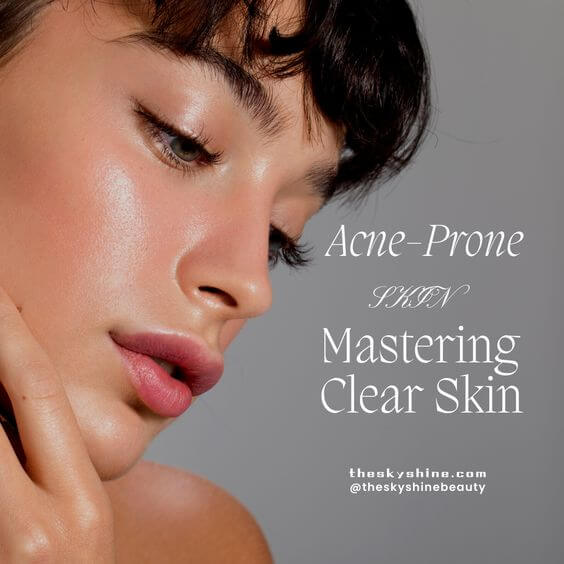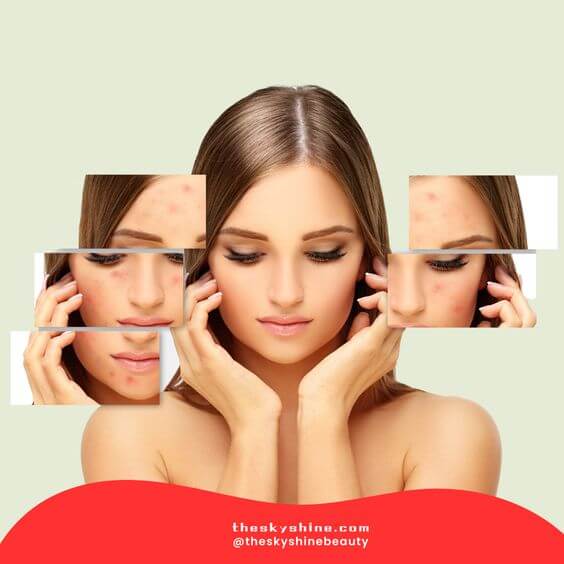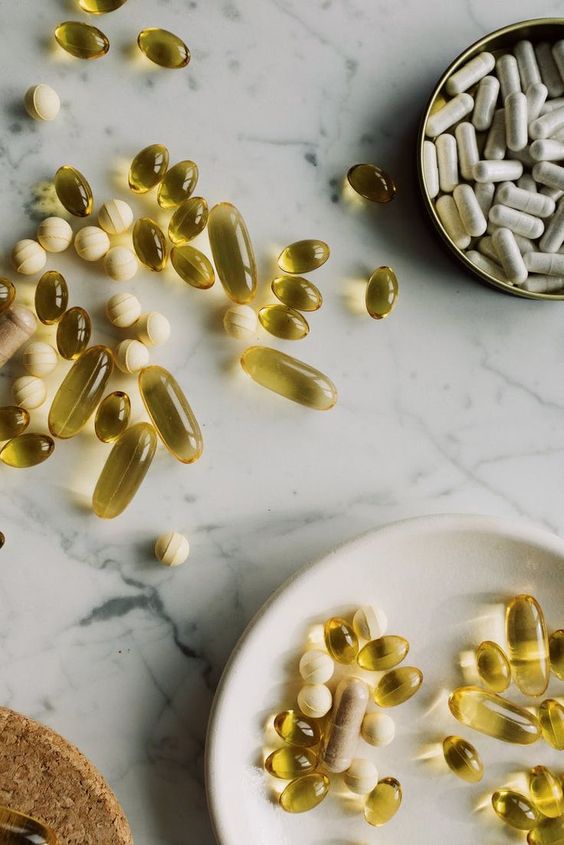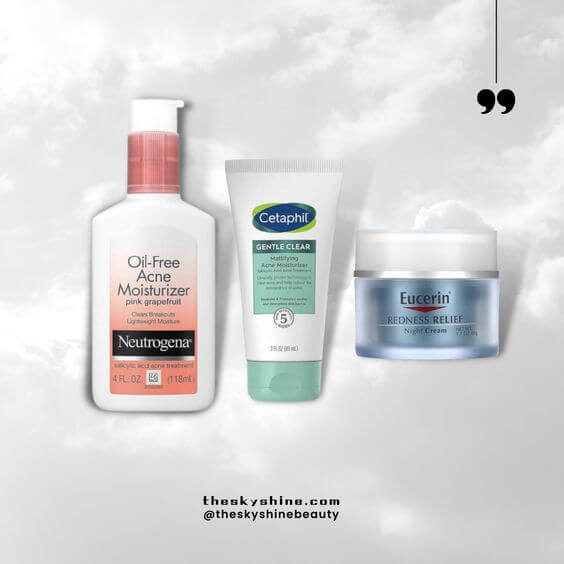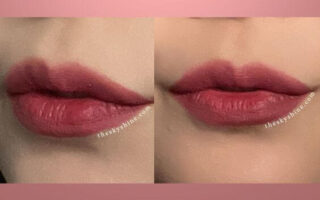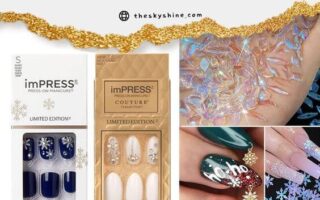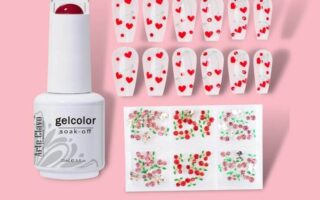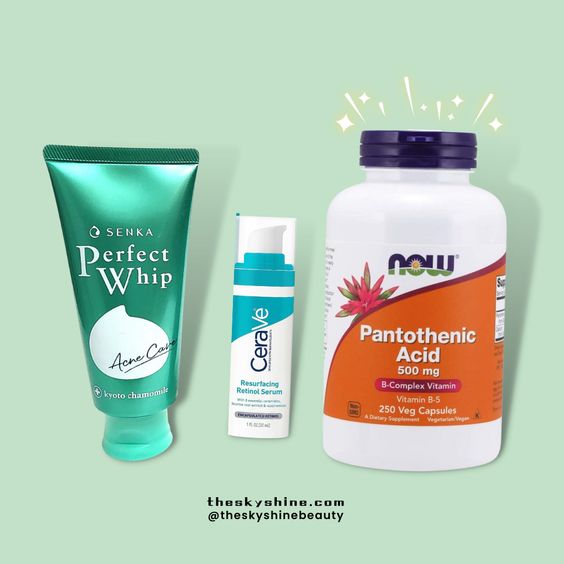
Maintaining sebum balance for acne-prone skin can prevent excess oil, which in turn can prevent various forms of acne such as pimples, blackheads, and whiteheads. In this article, I introduce various solutions that can reduce the overproduction of sebum.
Solutions To Combat Acne In Home
- Best Face Wash Foam Cleanser: Senka Shiseido Perfect Whip Acne Care, $30.99, 100g (Pack Of 2)
- Affordable Acne Facial Moisturizer: Neutrogena Oil Free Moisturizer, $9.12, 4 fl. oz
- Best Post-Acne Marks Treatment: CeraVe Retinol Serum, $15.64, 1 fl oz
- Best Supplement To Reduce Sebum: NOW Supplements, Pantothenic Acid (Vitamin B-5), $8.99, 100 Count (Pack of 1)
If you choose to purchase something from theskyshine using links, I may receive a small commission. And the prices of products sold on Amazon change from time to time. I wrote down the price when I found this item
1. Gentle Deep Cleansing
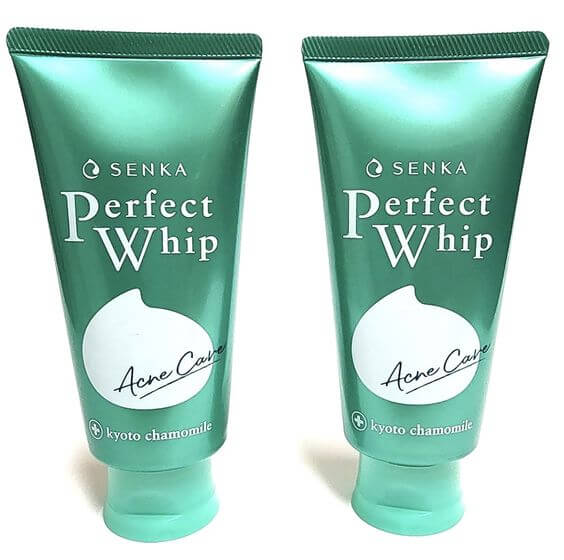
Senka
size: 100g (Pack Of 2)
Start with a soft, oil-free face wash that’s good for oily skin with acne. Salicylic acid helps clean the skin inside the pores by getting rid of dead skin cells and extra oil. This helps reduce oiliness without taking away the skin’s needed moisture.
Tip – For acne-prone skin, it’s important to use products that can gently and thoroughly remove makeup or sunscreen without irritating the skin
2. Oil-Free Moisturizers
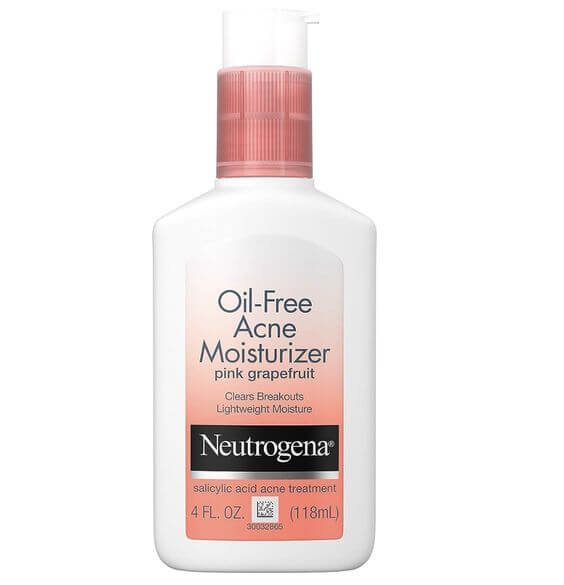
Neutrogena
size: 4 fl. oz
was: $11.39
Choosing the right product is essential for acne-prone skin. Using oil-free or non-comedogenic moisturizers and sunscreens can help prevent excessive oil production, maintain skin health, and balance the skin.
Tip – Use blotting papers during the day to absorb the oil on your skin, and avoid products that contain irritating alcohol.
Get the look: Oil Control Film
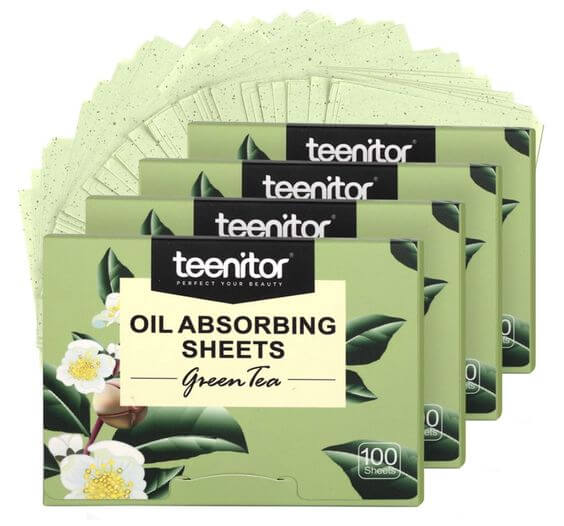
Teenitor
size: 400 counts sheets
3. Topical Treatments For Acne-Prone Skin At Home
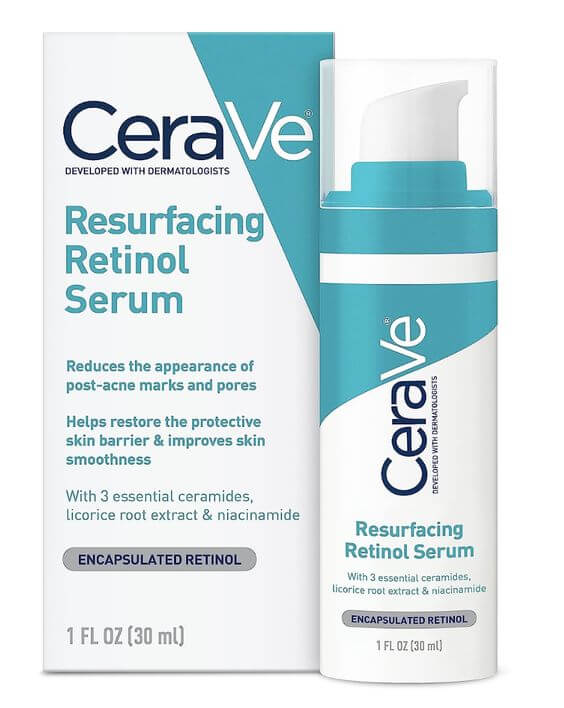
CeraVe
size: 1 fl oz
was: $21.99
Topical treatments for acne-prone skin at home can include over-the-counter products such as retinol, azelaic acid, alpha-hydroxy acids, beta-hydroxy acids, and benzoyl peroxide.
Tip – Always consult with a dermatologist before starting any new skincare regimen.
4. Dietary Changes
Dietary changes are crucial when dealing with acne-prone skin. It’s important to avoid oily and junk food, as well as dairy products, as much as possible. While dietary fat doesn’t directly cause skin oiliness, it can contribute to the inflammation associated with acne. Maintaining a balanced diet, staying hydrated, and regular exercise are key to maintaining healthy skin.
If it’s difficult to completely avoid certain foods, reducing your intake can also be beneficial.
5. Supplements
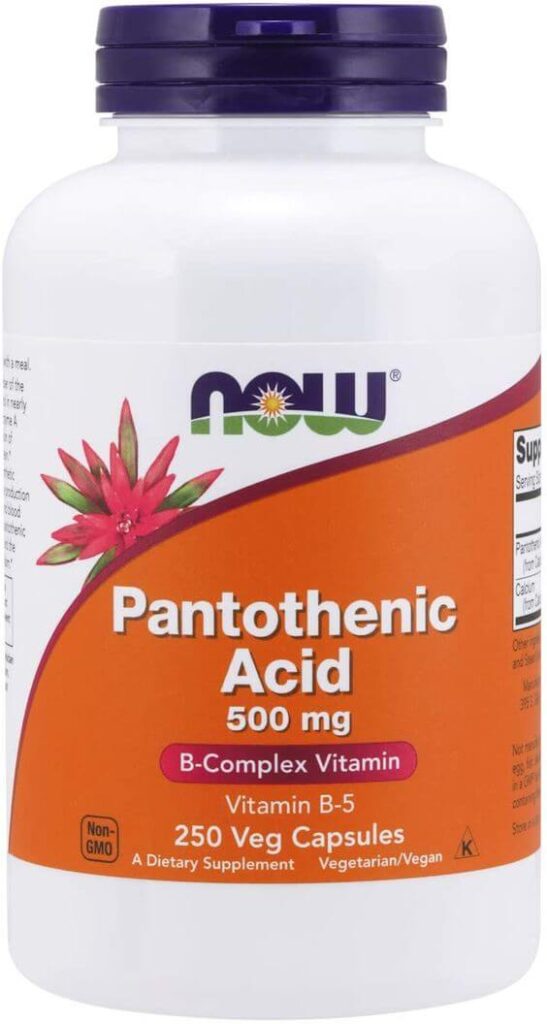
NOW
Size: 100 Count (Pack of 1)
was: $12.99
Foods that can exacerbate acne inflammation are easily found around us, and avoiding these foods is not an easy task. Therefore, I recommend supplements that can reduce sebum production.
These products can exacerbate dryness in dry skin, but for acne-prone skin, they can reduce the amount of sebum and prevent the worsening of acne.
6. Professional Treatments
In severe cases, you can get deep cleaning and deep hydration treatments at a dermatology clinic to reduce sebum production and maintain clean skin.
Consistently doing this once a month can reduce the amount of blackheads and whiteheads already on your skin. It can also minimize the scarring caused by acne.
Related Posts: Acne Care
